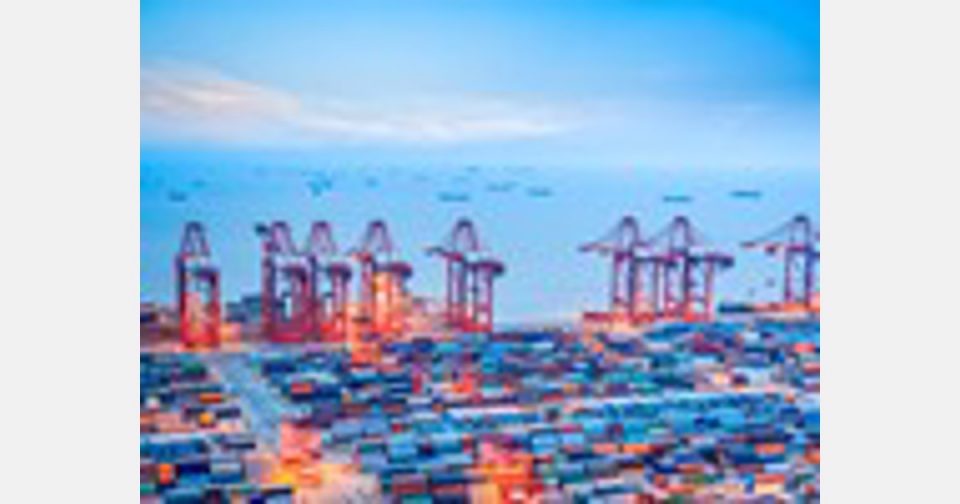The shipping lines are playing a key role in the economy siege that the international community is tightening around Russia for invading and starting a war in Ukraine. The 10 largest shipping lines are responsible for mobilizing nearly 80% of world trade and almost all of them- with the notable exception of the Chinese Cosco Shipping – have stopped accepting Russian cargo reserves and ports.
European countries and the US are rejecting ships from that country. Some companies are choosing to sanction themselves by refusing to buy Russian products, although it is still legal to do so. They are being joined by dockworkers and freight forwarders from all over the world.
According to Bloomberg, the stevedoring unions of Canada, the USA, and Australia have taken action on their own or are calling on their governments to refuse entry to Russian merchant ships, following the UK’s decision to do so as part of a growing series of sanctions against Vladimir Putin’s regime.
“Workers around the world oppose the Russian invasion, including thousands of dockworkers who show their solidarity with the people of Ukraine and their contempt for Putin’s aggression,” stated Paddy Crumlin, president of the International Transport Workers’ Federation (ITF).
According to the ITF, there are about 1,522 vessels of more than 500 gross tons belonging to the Russian registry, most of which are container ships, bulk carriers, and tankers, according to the databases available to the international union. In addition, some 200 vessels do not have a Russian flag but are registered in the name of actual Russian shipowners.
In addition to shipping line policies, several of the world’s largest freight forwarders have suspended their services to Russia, citing the increasing restrictions imposed by shipping lines and airlines, which are cutting off the country’s access to world trade routes.
Kuehne + Nagel and DB Schenker advised their customers of the suspension of shipments to and from Russia by air, land, and sea. DSV A/S also suspended deliveries to Belarus, Moscow’s ally in the conflict.
DHL, a unit of Deutsche Post AG, had previously stopped handling inbound shipments to Russia.
Source: mundomaritimo.cl


